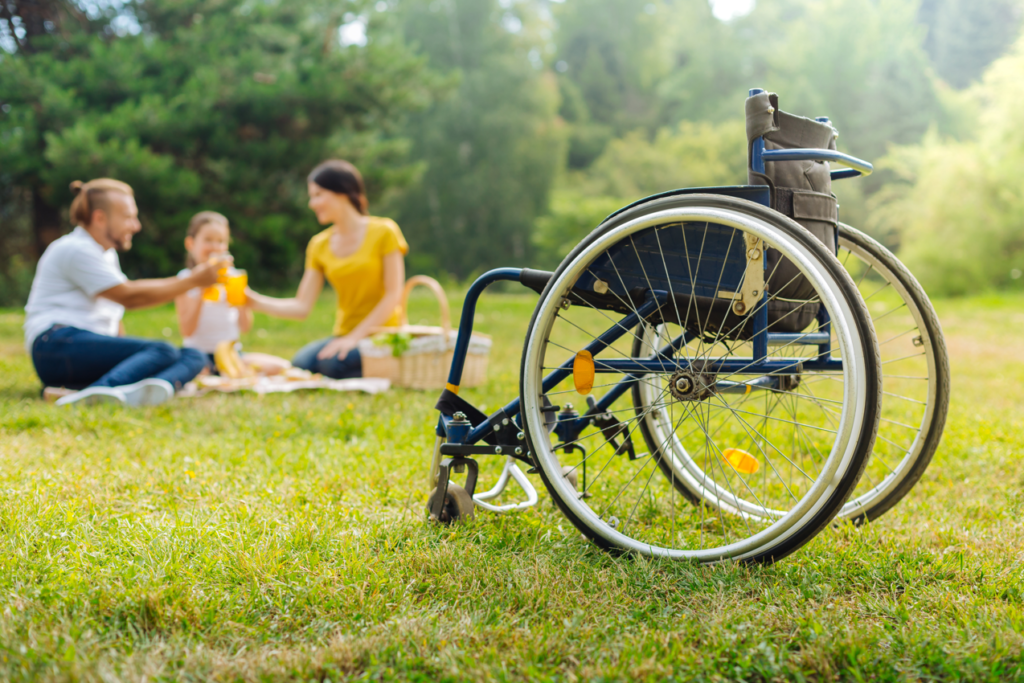Supporting Your Family After Losing Mobility

Losing Mobility
No one expects to lose mobility. It’s hard enough to cope with life when you’re healthy and able, but once your ability to move takes a hit, it can seem like the whole world has ended.
However, there is hope, and this guide will walk you through what you need to know as a family caregiver who is going through this life change.
Get Mobility Equipment
Mobility equipment can help you perform daily tasks, and it’s important to choose the right equipment for your needs.
Talk to a work site accident attorney and also your doctor so they can help you to choose a product that fits your lifestyle. Both of these professionals are familiar with accident-related injuries that affect mobility. Consider reaching out to them for guidance on your best choice.
It may be uncomfortable to use a mobility aid for the first time. You might feel out of place, or that everyone is watching.
However, mobility aids can add a quality of life that surpasses any social pressures to look “normal”.
Using this aid will not only help you get around more efficiently but can also prevent further injury. Do not be afraid to use the help that your body needs.
Make Adjustments at Home
Once you have a diagnosis, it’s good to make changes in your home to be as safe as possible for someone with limited mobility.
It may be hard to make these changes if you are losing mobility quickly, but it will be more comfortable and safe to act as soon as possible.
Furnishings should be arranged in a way that if using a wheelchair or walker, you can pass by them easily.
Depending on the injury, choosing carpets over hardwood floors might be a better choice as they’re easier on sore joints than tiles or linoleum floors.
However, if you are in a wheelchair, hardwood floors are a better surface to navigate on.
Protect Yourself from Depression
It’s important to be aware of your mental health and how it can affect the people around you.
If you’re experiencing depression, it might be hard to recognize the signs in yourself or others.
If you have recently lost mobility, there are practical ways that you can get help to cope with your condition.
Talking with a therapist is an easy way to address depression and other mental health issues.
Prioritize Self-Care When You Can
Taking care of yourself is important in any situation, especially when caring for a loved one or family. In addition to being emotionally and physically exhausted, people who experience a traumatic event also often feel guilty and begin to doubt their abilities as caregivers.
Self-care can include anything from taking a walk with your spouse or child to help you relax, meditating, journaling, and getting enough sleep at night—whatever helps you reenergize from the day’s events.
It may be just doing something that allows you some time on your own without distractions.
If you’ve experienced a loss of mobility due to an accident, injury, or disability, hopefully, this article has given you some helpful advice.
Your family should be supporting you—and you should do your best to support them in turn.
Even when you can’t join in on all their activities as easily as before, remember that your presence and love for them are more important than anything else.
Category: Health




